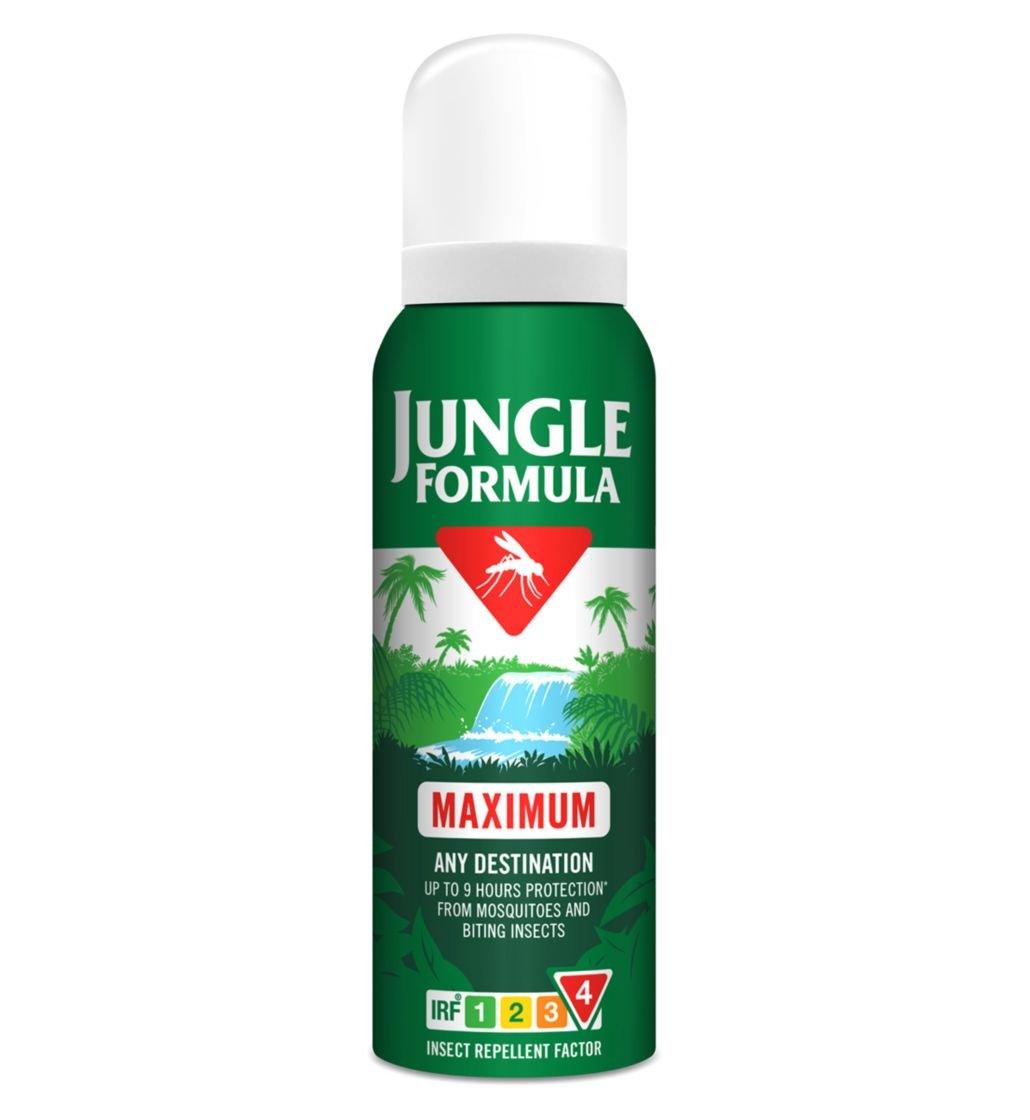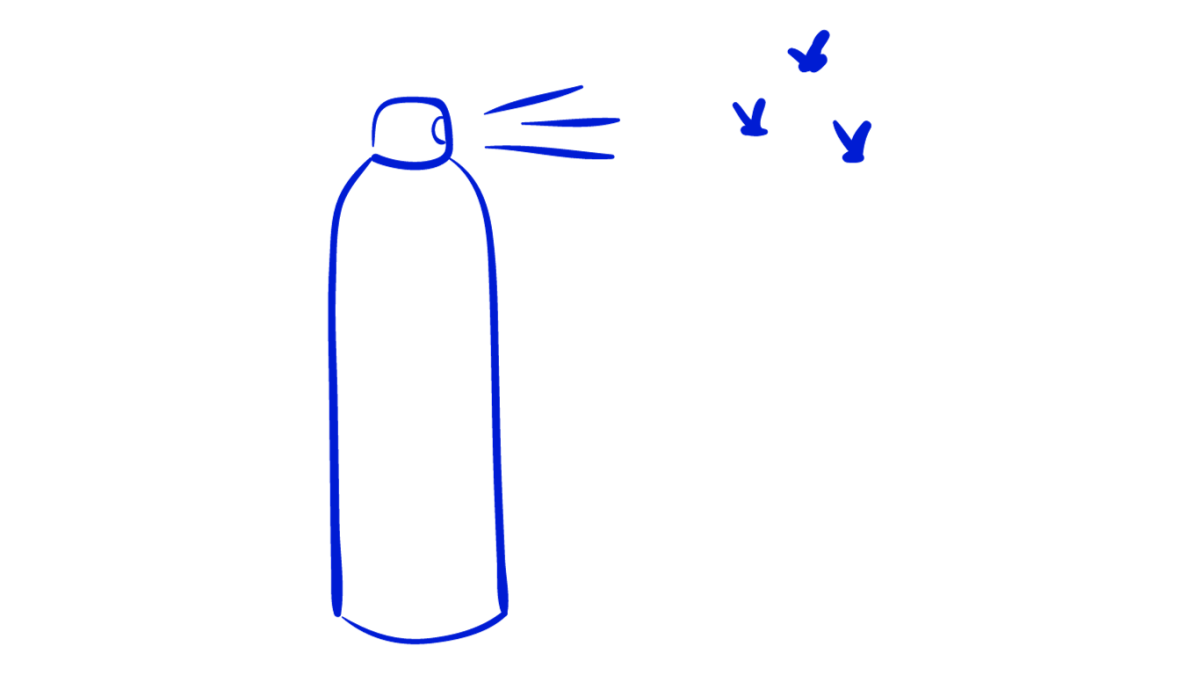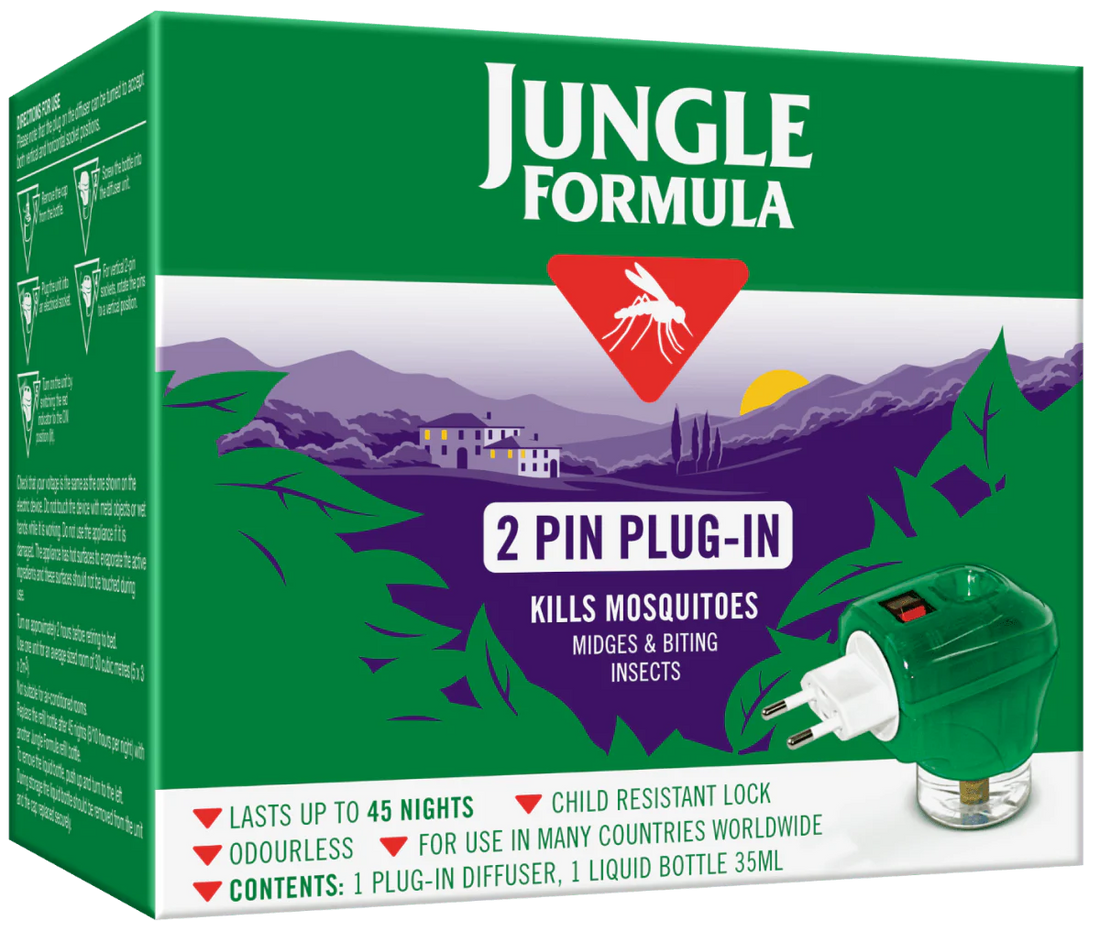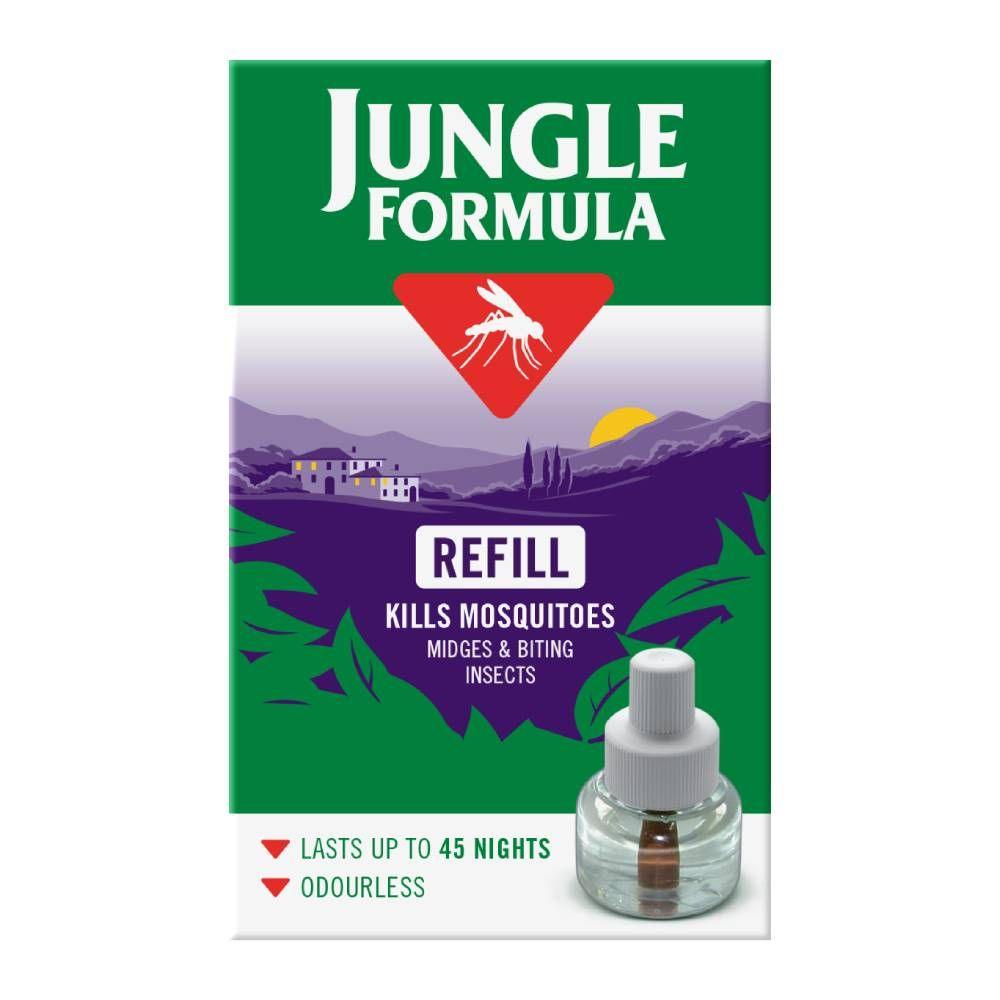3 منتجات
-
Jungle Formula 125ml Maximum Aerosol
 Jungle Formula 125ml Maximum Aerosol
Jungle Formula 125ml Maximum Aerosol- سعر عادي
-
£ 9.90 - سعر عادي
-
- سعر البيع
-
£ 9.90

What is Mosquito Repellent?
Cause
Diagnosis
Treatments
Prevention
Further Info:
FAQs
Are there any natural alternatives to chemical mosquito repellents, and do they work effectively?
Can mosquito repellents be used on children and infants, and are there specific products designed for them?
Is it safe to apply mosquito repellent on my face, and what precautions should I take when doing so?
How often should I reapply mosquito repellent, and does it lose effectiveness over time?
Medically reviewed & approved
This page was medically reviewed by Dr Sohaib Imtiaz (clinical lead) |




We are here to help!
Our Customer Service is available:
Monday to Friday 8 am to 5 pm.
If you need urgent assistance, do not use this service. Call 111, or in an emergency call 999.
More information about our service can be accessed from our knowledge hub below.




